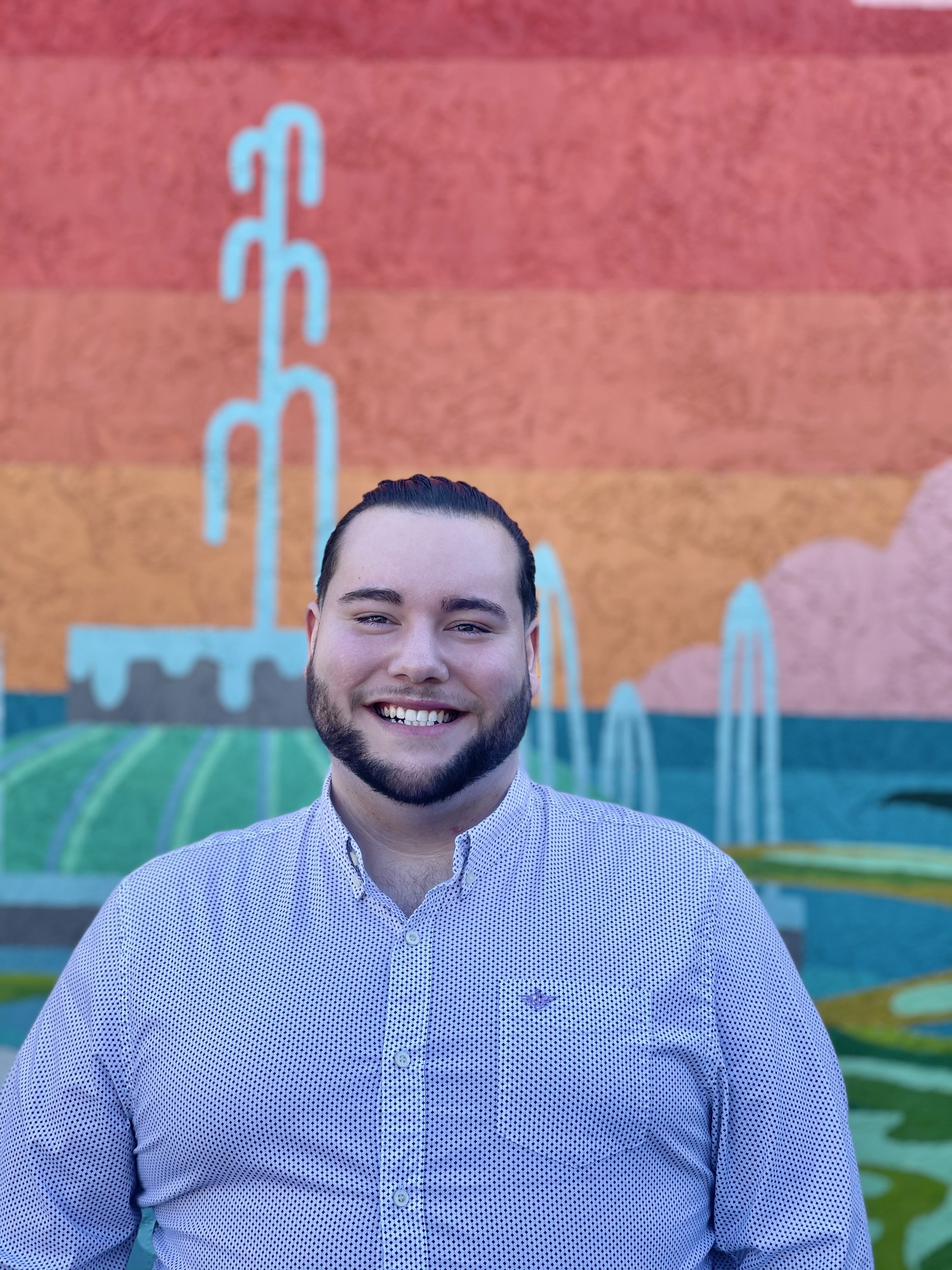Research Projects
Current Projects
Ancient Maya Oral Microbiomes and Microbial Community Structure
Status: Dissertation Research (Ongoing)
This project uses shotgun metagenomics to analyze calcified dental plaque (dental calculus) from Classic Period Maya individuals in southern Belize. It reconstructs ancient oral microbial communities to understand ecological patterns across different site types and biogeographic zones. The study applies comparative microbiome frameworks to ancient contexts and explores how microbial data can contribute to archaeological interpretations of lifestyle, movement, and environment.
Bioethos in Ancient DNA: Ethics, Collaboration, and Situated Biologies
Status: Dissertation Research (Ongoing)
This project proposes a framework for ethical praxis in ancient DNA research, grounded in feminist theory, Indigenous science, and the concept of situated biologies. It critiques extractive research models and outlines how community partnerships, ethical review processes, and shared authorship practices can reshape aDNA research design. Case studies and collaborative reflections are used to articulate what a “bioethos” looks like in practice.
Benchmarking Ancient DNA Methods
Status: Data Analysis
This methods-focused project evaluates the efficiency and performance of ancient DNA library preparation techniques, particularly the BEST and SCR single-stranded protocols. By systematically comparing sequencing metrics, fragment profiles, and microbial recovery, the study contributes to the standardization and refinement of ancient biomolecular techniques, with broader implications for the comparability of ancient metagenomic datasets.
Data-Driven Conservation: Integrating Community Engagement, Digital Humanities, and Genomics to Preserve the Choctaw Hog
Status: Data Generation
A conservation genetics initiative examining the genetic history and introgression of Choctaw hogs using ancient and contemporary DNA. In collaboration with the Choctaw Nation and The Livestock Conservancy, this project uses targeted capture enrichment and digital humanities storytelling to explore Indigenous foodways, animal husbandry, and resistance to industrial agriculture.
Co-Producing Archaeology: The Community Archaeologist Magazine
Status: Ongoing
As Editor-in-Chief of The Community Archaeologist, I lead a digital magazine project dedicated to ethical, inclusive, and community-engaged archaeology. The magazine is also a mentorship platform, providing early-career scholars, students, and heritage professionals with training in collaborative writing, ethical storytelling, and science communication.
STEM Education Research, Capacity Building, and Researching Outreach
Status: Ongoing
Through the Youth Enjoy Science (YES) Oklahoma program, I teach and mentor Indigenous and Latinx high school students in molecular biology, cancer disparities, and human genetics. These courses center culturally relevant pedagogy, place-based inquiry, and real-world lab experiences as a model for equity-focused STEM education.
Bioarchaeological and Mortuary Patterns Through Comparative Osteobiographic Approaches
Status: Ongoing
This project analyzes early individuals from the ancient Maya site of Holtun, Guatemala, to investigate patterns of mortuary treatment, body partibility, and identity construction. Using a comparative osteobiographic approach, it explores how personhood and social memory were expressed through burial context, skeletal modifications, and spatial patterning. The study contributes to broader discussions on embodiment, ancestor veneration, and collective memory in ancient Mesoamerica.
Molecular Landscapes of the Yucatán Peninsula and Southern Belize
Status: In Development / Field Collaboration
This collaborative project spans multiple sites across the Maya region—including Yaxuná, Cobá, and areas within the Bladen Nature Reserve in Belize. It focuses on biomolecular sampling and archaeological engagement, with a strong emphasis on ethical protocols, heritage stewardship, and local collaboration in shaping research questions and outcomes.
